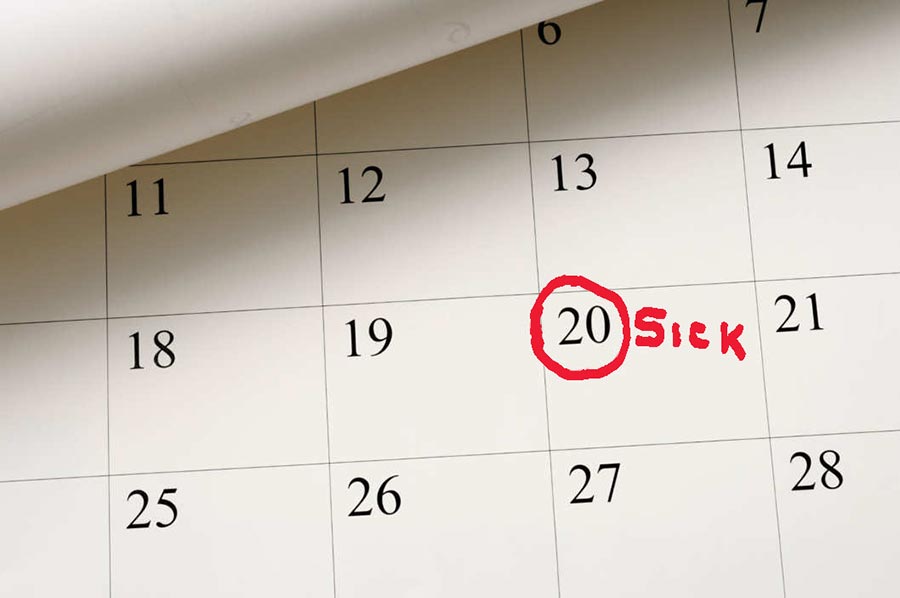As we know well in the LGBT community, our state legislature doesn’t do anything quickly. We’ve been fighting for years to pass statewide nondiscrimination protection for LGBT workers. Now, instead of rushing to protect workers, legislators are in a race to take rights away. Some are trying to fast track a law that would take away sick days from 200,000 workers and strip the rights of local communities to create their own ordinances.
Lawmakers throughout Pennsylvania want to stop workers in Philadelphia from finally earning paid sick days. At the same time, those same lawmakers want to make sure their own local governments are blocked from passing ordinances that provide sick days in their communities.
Following years of debate, Philadelphia’s City Council passed a sick-leave law in February that was slated to take effect May 13, a glimmer of hope to many struggling to get by without good health insurance and retirement benefits.
Under the Philadelphia law, workers at businesses with 10 or more employees could earn at least an hour of paid sick time for every 40 hours worked. Workers at smaller businesses could earn unpaid sick days. It’s common sense that people who work hard and are devoted to their jobs should be able to earn paid sick time.
A large number of LGBT workers in Philadelphia are forced to go to work ill because they cannot afford to lose pay or risk losing their jobs. Many studies demonstrate that paid sick days help employers by promoting productivity and reducing turnover. San Francisco passed a law similar to Philadelphia’s in 2007, and it has had overwhelming success. In recognition of the policy’s obvious public-health benefits, two-thirds of San Francisco employers support the law.
Philadelphia’s paid sick-days law strengthens LGBT families by allowing workers to take leave to care for their partners and children. It is estimated that 30 percent of LGBT adults in Philadelphia have at least one child in the household. On average, the household income of LGBT couples raising children in Pennsylvania is 33-percent lower than the household income of heterosexual, married parents. As a result, LGBT parents in Pennsylvania are less likely to be able to afford to take unpaid time off from work. Providing paid sick days would allow LGBT workers in Philadelphia to better care for their own health needs and those of their family members.
For Philadelphians living with HIV/AIDS, paid sick days are not only a key economic protection, it can be a life or death issue — especially for those individuals who work in lower-wage and service-sector jobs. Not being able to take time off to attend medical appointments and recover from illness jeopardizes their well-being. Moreover, access to paid sick time influences the ability of Philadelphia workers to provide care for aging family members with HIV/AIDS.
Among Philadelphia residents living with HIV/AIDS, more than 70 percent are 40 or older and more than 36 percent are 50 or older. As the population ages, their working family members will face increasing elder-care demands.
In addition, paid sick leave is important for transgender workers in Philadelphia. With a modest floor of paid sick leave, transgender workers are able to take care of their health needs without fear of lost pay or job retaliation.
Pennsylvania Pride at Work, the AFL-CIO LGBT constituency group, calls on our state lawmakers to listen to the diverse voices in Pennsylvania fighting to stop this attack on paid sick leave. Workers, parents, domestic-violence survivors, good government groups, churches and many other organizations have fought for years to help workers earn paid sick days.
Legislators in Harrisburg from every community should stand with workers who are trying to be the best caregivers and providers possible — not trying to make our lives harder.
Pride @ Work is the officially recognized LGBT constituency group of the AFL-CIO.

